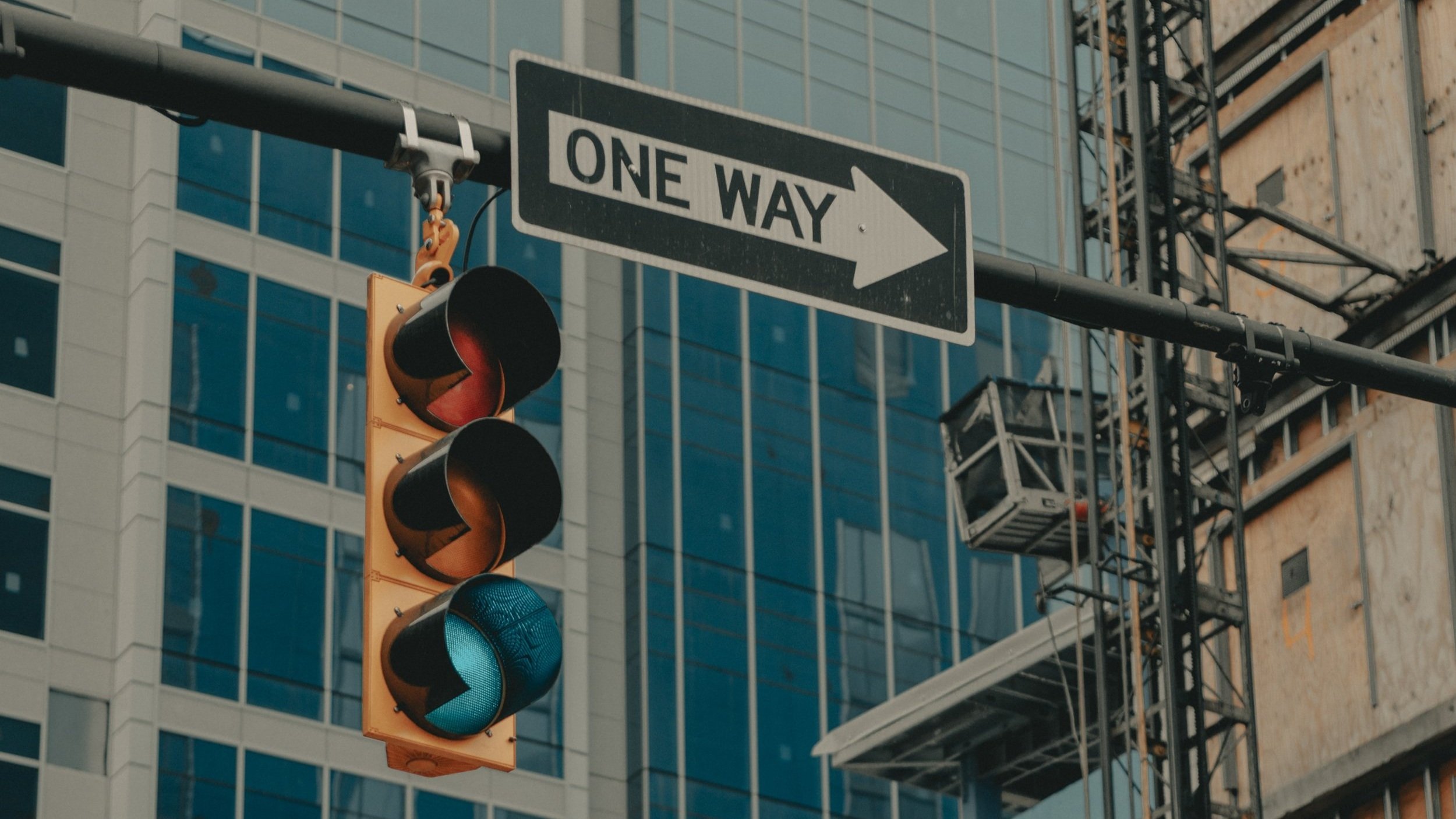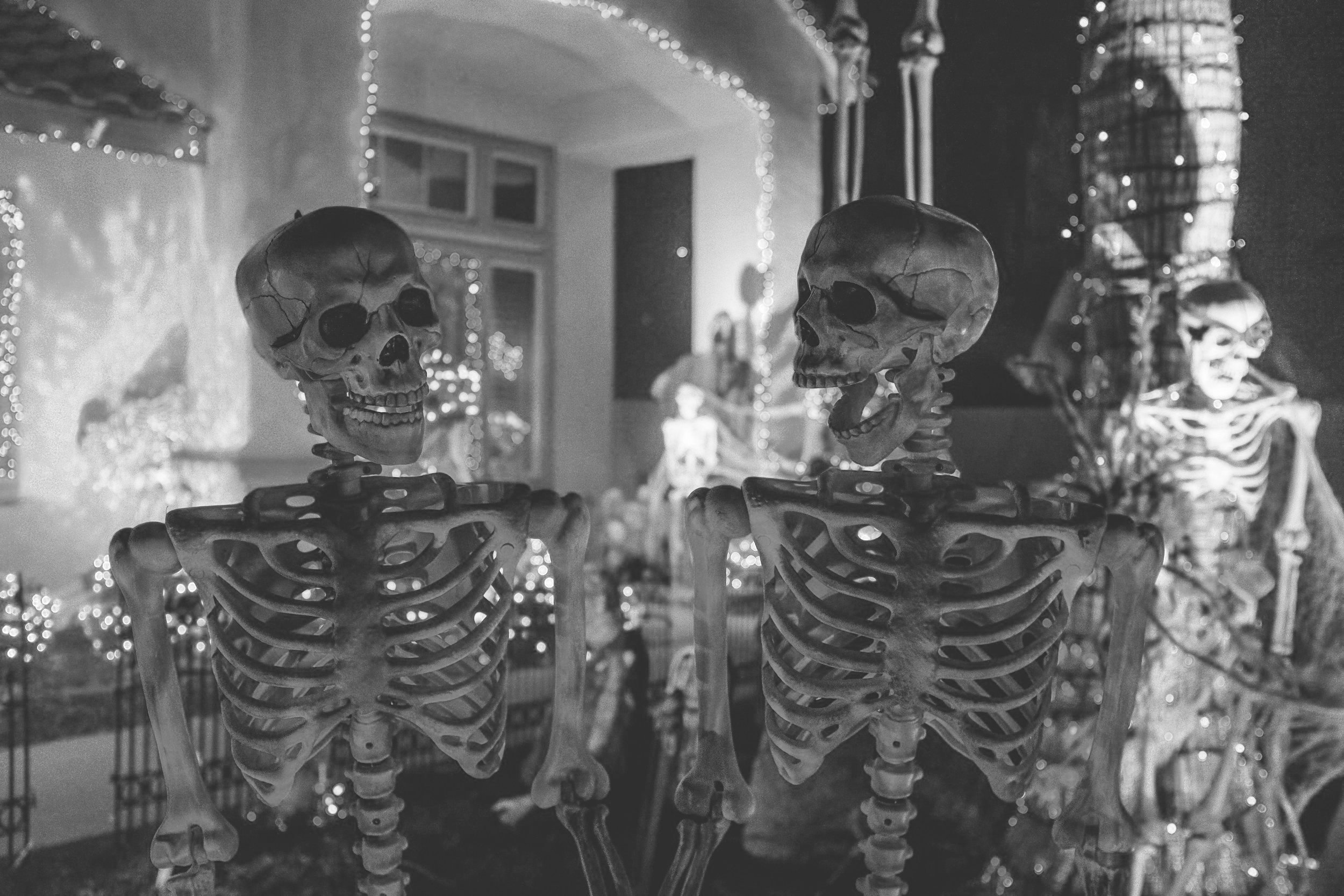7 Predictably Irrational Decisions We Make All The Time

7 Irrational Decisions We Make All The Time
"Predictably Irrational: The Hidden Forces That Shape Our Decisions" is a groundbreaking exploration of the irrational behaviors humans unconsciously exhibit and the reasoning behind them. Dr. Dan Ariely, a behavioral economist, draws upon a plethora of experiments and anecdotes to demonstrate that our decisions, even those we believe are made rationally, are often highly illogical.
Check out these seven fascinating examples of predicably irrational behavior.
The Power of Decoy Pricing:
Ariely delves into the concept of "arbitrary coherence". Once we've established an initial impression of the value of a product (even if that impression is random), it shapes our perception of subsequent offers. For instance, a subscription to a popular magazine's online version might be priced at $59, while the print version costs $125, and a combined print and online subscription might also be priced at $125. When given these options, most people choose the combined subscription. However, if you remove the print-only option (which is a decoy), fewer people choose the combined subscription.
The Cost of Social Norms:
There are two worlds we live in – one governed by social norms (like helping a friend move) and the other by market norms (like wages for work). Problems arise when these two worlds collide. For instance, imagine if, after helping a friend move, they offered you $5. You'd probably be offended, even though you just worked for free. This is because market norms (the $5) invaded the world of social norms, diminishing the social bond and goodwill.
The Perception of “Free”
We're all suckers for free things. When presented with a choice between a one-cent Hershey's Kiss and a 15-cent Lindt truffle (which usually costs much more), the majority of subjects in an experiment opted for the more expensive Lindt truffle, recognizing its value. But when the prices dropped by one cent (making the Kiss free), most people chose the free Kiss over the 14-cent truffle. This demonstrates our irrational bias for anything labeled as "free," even when it might not be the best deal.
The Allure of Procrastination:
Step right into the world's most elite arena: the college classroom! Here, brave souls (also known as students) are pitted against the monstrous behemoth of procrastination. In one corner, we have the freedom-loving students who say, "Give us liberty or give us an extension!" These are the ones blessed with the power to set their own deadlines for submitting three crucial papers.
In the opposite corner, we have those with their fates sealed, students who were handed set-in-stone, non-negotiable deadlines by none other than the professor. No ifs, no buts, just deadlines.
Dr. Ariely, our keen-eyed referee, watches closely. And here's where things get hilariously ironic: Even when the freedom-loving group, with all their choice and autonomy, picked the exact same dates as the fixed-deadline group, they didn't fare as well in terms of performance. It's like having the secret recipe to the world's best pie and then somehow burning it in the oven.
This quirky experiment shines a spotlight on our age-old battle with self-control. Turns out, we're a bit like that friend who insists they work best under pressure... and then pulls an all-nighter, survives on five cups of coffee, and still misses the deadline. The essence? We think we're fantastic at managing our time, but in reality, we might just be our own worst enemies.
Ariely's delightful foray into the world of procrastination shows that sometimes, it's not about freedom or choice; it's about having that external nudge (or sometimes, a big push) that keeps us on track. It's like having a personal trainer; you might own all the workout DVDs in the world, but it's the trainer yelling, "One more rep!" that gets results.
In the end, whether it's submitting an assignment, hitting the gym, or even just folding laundry, having an external commitment mechanism might be the superhero cape we didn't know we needed.
The Influence of Arousal:
Our decisions in a state of emotional arousal (like anger or sexual excitement) can be vastly different from decisions made in a calm state. To study this, Ariely recruited male students.. The students were provided with a personal device to measure their level of arousal and then shown sexually explicit content to induce this state. During their heightened arousal, they were asked a series of questions about their sexual preferences, boundaries, and behaviors, including scenarios related to safe sex practices, attraction to taboo practices, and willingness to pursue aggressive advances.
In their non-aroused state (before the experiment), these same students had answered the same set of questions. The differences in their responses were both stark and revealing.
For instance, when in a state of arousal, the number of students willing to engage in risky sexual behavior (like not using protection) rose dramatically. Similarly, behaviors that were considered taboo or morally questionable received much higher acceptance rates. The gap between what these students claimed they would do in a calm state versus their aroused state was significant.
Bottom Line, don’t go shopping when you're hungry!
The Intoxicating Perception of Price:
Imagine stepping into a lavish, state-of-the-art medical clinic. The floors gleam, the equipment looks top-notch, and the ambiance exudes a sense of the best medical care money can buy. Now, if you were handed a pill here and told it's a premium-priced, cutting-edge painkiller, wouldn't you expect it to work wonders?
Dr. Ariely's experiment dived deep into this very psychology of price perception. Participants, presumably experiencing some discomfort, were presented with a solution: a painkiller. However, they were split into two groups. The first group was informed their pill was a pricey, high-end medication, the crème de la crème of pain relief. The second group, on the other hand, was told they were receiving a generic, budget-friendly option. Here's the catch: both pills were placebos. They contained no active ingredients to alleviate pain.
As participants took their respective pills, something remarkable unfolded. Those who believed they'd ingested the expensive pill, the 'Rolls Royce' of painkillers, reported feeling significantly more relief and comfort. In contrast, the group who thought they swallowed the bargain pill felt less relief. But remember, both pills were identical and medically ineffective!
This experiment sheds light on a profound psychological quirk: our belief in the power of price. We often equate higher price tags with superior quality, effectiveness, or luxury. This belief is so potent that it doesn't just change our perception—it can alter our actual physical experience. The participants didn't just think the expensive pill should work better; their bodies responded as if it genuinely did.
The "It's Mine, I Love It" Effect:
Picture this: You're in a room with a group of participants. Each of you is given a simple mug – nothing fancy, just your typical coffee-holder. As you inspect your new possession, a researcher approaches and makes an interesting offer: How about trading that mug for a nice, shiny pen? Sounds simple, right? Both the mug and the pen have similar monetary values, and neither is a rare collector's item. Purely on the basis of functionality, some might argue that a pen, with its ability to write and create, could even be deemed more valuable.
Yet, what the researchers consistently found was astonishing. Many participants, even those who expressed no particular fondness for mugs or already had a dozen at home, were surprisingly unwilling to part with their new possession. It was as if the simple act of owning the mug, even for a brief period, endowed it with a special value. This wasn't about the mug's utility or beauty; it was about the sheer fact of ownership.
This phenomenon, dubbed the "endowment effect", suggests that we humans have a peculiar tendency to irrationally overvalue things simply because we own them. Once something becomes "ours," we assign it additional worth, often beyond its objective market value or utility. This can be observed in various scenarios, from the reluctance to sell a family home even when it makes financial sense to hold on to old clothing items we no longer wear simply because they're "ours."
Ariely's *Predictably Irrational* is a deep dive into the human mind, showcasing our quirks, flaws, and systematic patterns of irrationality that we fall victim to. Through a mix of engaging anecdotes and rigorous experiments, the book underscores a fundamental truth: while we might be predictably irrational, understanding our behaviors can lead to better decisions in our personal and professional lives.





